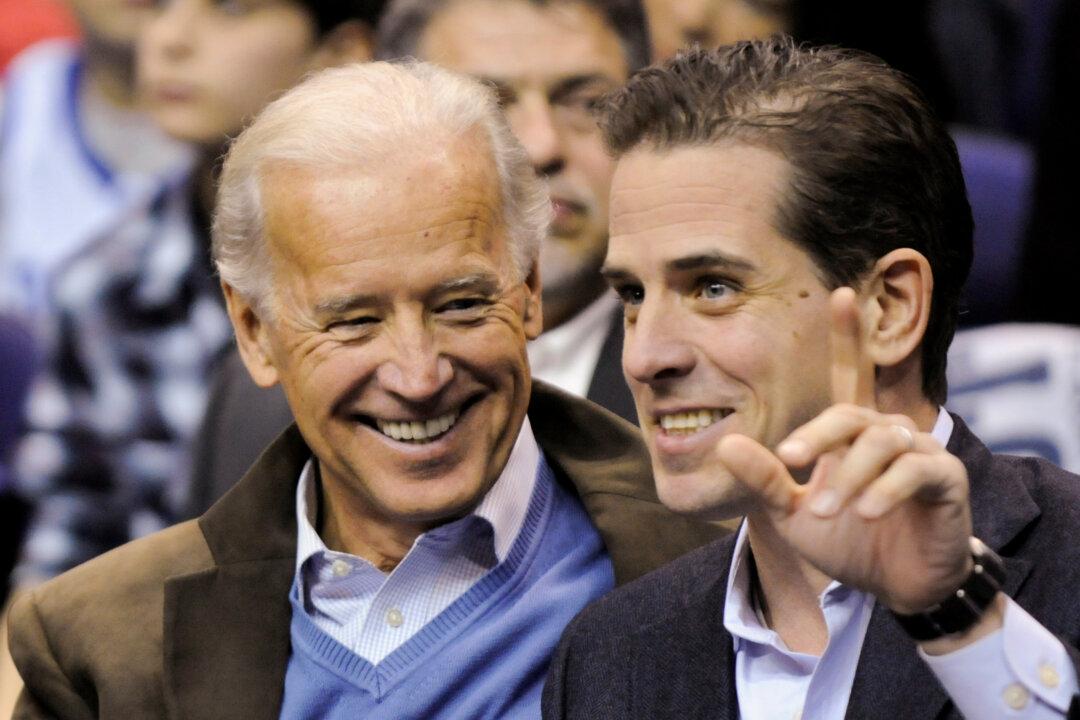The head of the Federal Election Commission (FEC) said Twitter did not violate campaign finance laws by blocking a report from the New York Post about Hunter Biden’s laptop and alleged overseas business dealings last year, although the social media platform may have been biased in favor of then-candidate Joe Biden.
FEC Commissioner Sean Cooksey, in a three-page document (pdf) released Wednesday, said Twitter may have had political motives by blocking the articles about the younger Biden, which the NY Post and others have decried as an act of censorship, but the social media site’s decision wasn’t a political contribution to Biden’s campaign against former President Donald Trump.





